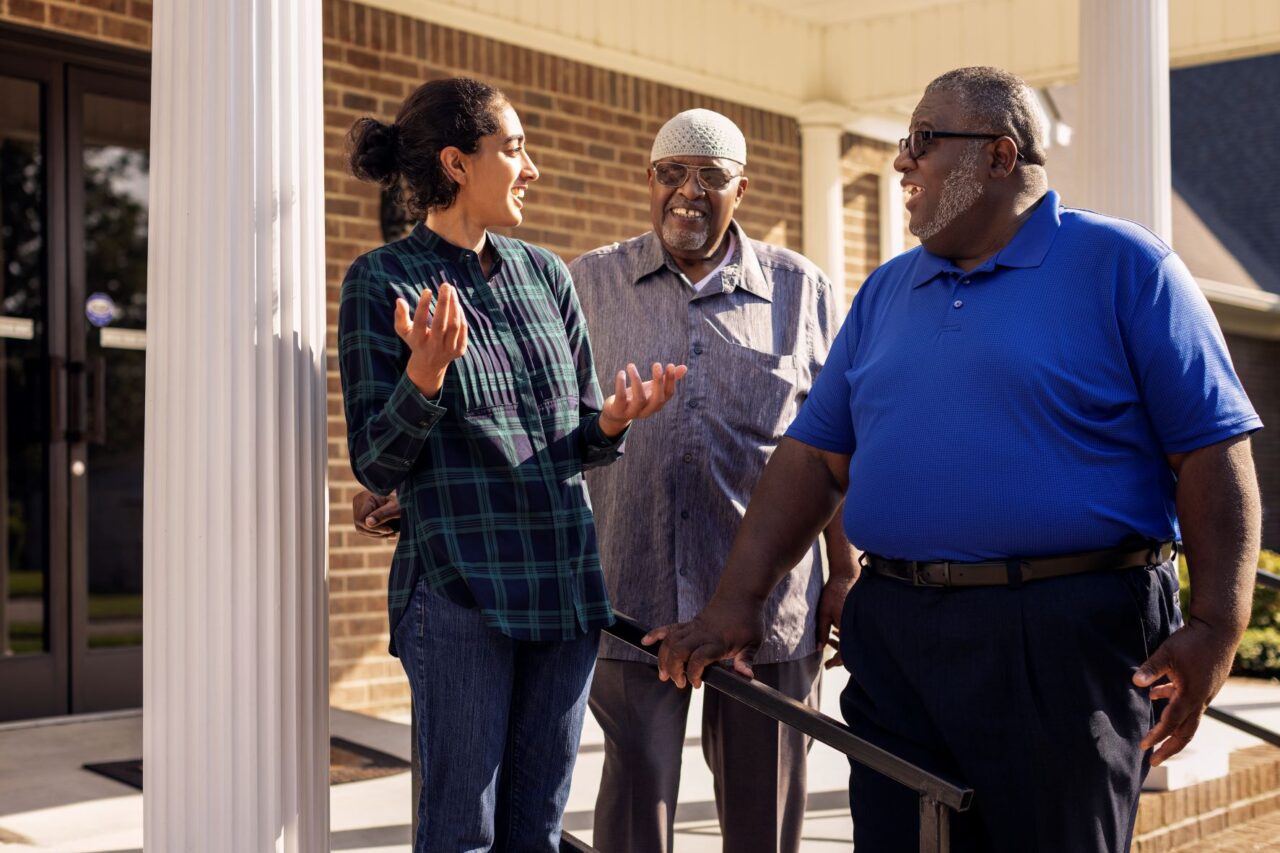Rural communities face higher rates of childhood trauma. One woman is using Stanford methodology to help them heal.

To break the cycle and bring better health outcomes to Edgecombe County, Jagannathan and Saeugling co-founded the Rural Opportunity Institute (ROI), an organization that strives to end generational cycles of trauma and poverty by preventing ACEs and toxic stress for the community.
ROI runs a nine-month program called Resilient Leaders Initiative, for a cohort of four to five local organizations including schools, social service and police departments, health organizations, juvenile detention centers and churches. Participants learn Stanford’s design thinking process and are trained on how to recreate that process within their organizations.
“Our goal is to build [organizations’] own capacity to be able to do the design process, interview the people they serve, listen to their needs and then develop solutions,” Jagannathan says. With each program, she says, “the face of it shouldn’t be us,” but rather “somebody from the community who themselves has lived the experience.”
Participating organizations are first trained in understanding and managing their own stress and trauma. Next, they interview their clients to gather information, then brainstorm solutions and test their hypotheses in small ways prior to full investment. The hope is that by the end of the nine months, each organization has developed a deeper understanding of the themes that exist among their constituents and have crafted restorative, trauma-informed solutions that address those themes.
Take, for example, a classroom full of disruptive students. ROI recently worked with Pattillo Middle School in Tarboro to address discipline issues among “frequent flyers,” a name given to students who are consistently sent out of class for behavior issues and are expected to then sit quietly at in-school suspension. This tactic was proving pointless as the frequent flyers kept flying.
ROI helped the school envision and design a different way of addressing conflict with biofeedback, a technique used to measure and alter body functions such as brain activity, blood pressure, and heart rate. ROI began a pilot program in which 10 students from Pattillo used a biofeedback breathing app via a device connected to their phones each morning, afternoon, and as needed.
Over six weeks the students’ anxiety decreased by over 50% and their behavior improved substantially, limiting their “flights” out of class. The students became more self-aware, and that self-awareness empowered them to ask to perform the breathing exercises when they felt anxiety setting in. Many now serve as biofeedback trainers for incoming students, while a staff member facilitates restorative discipline on an ongoing basis.







